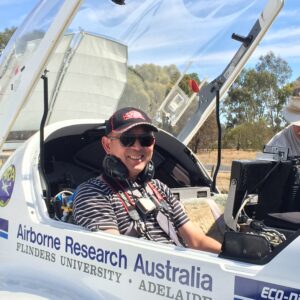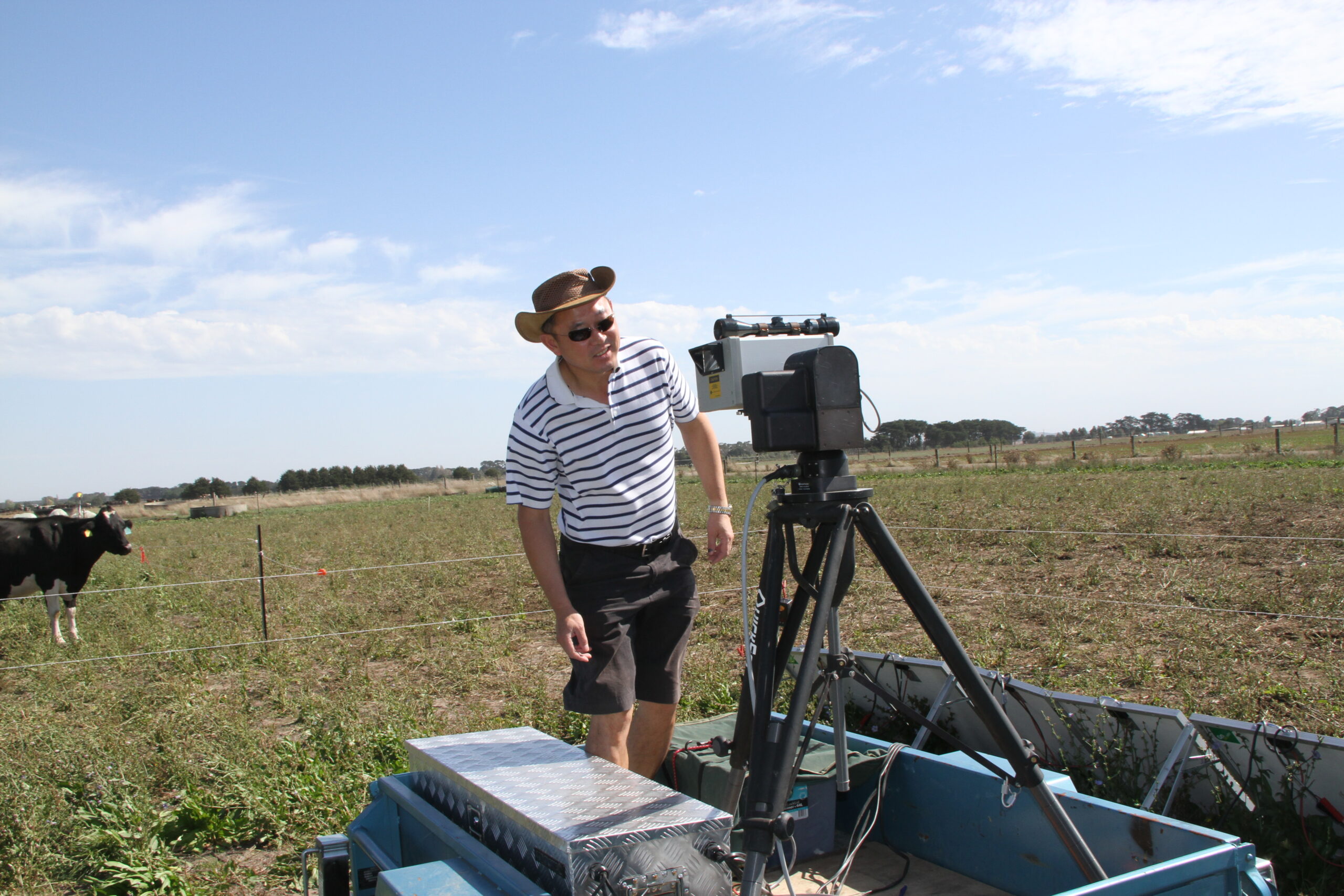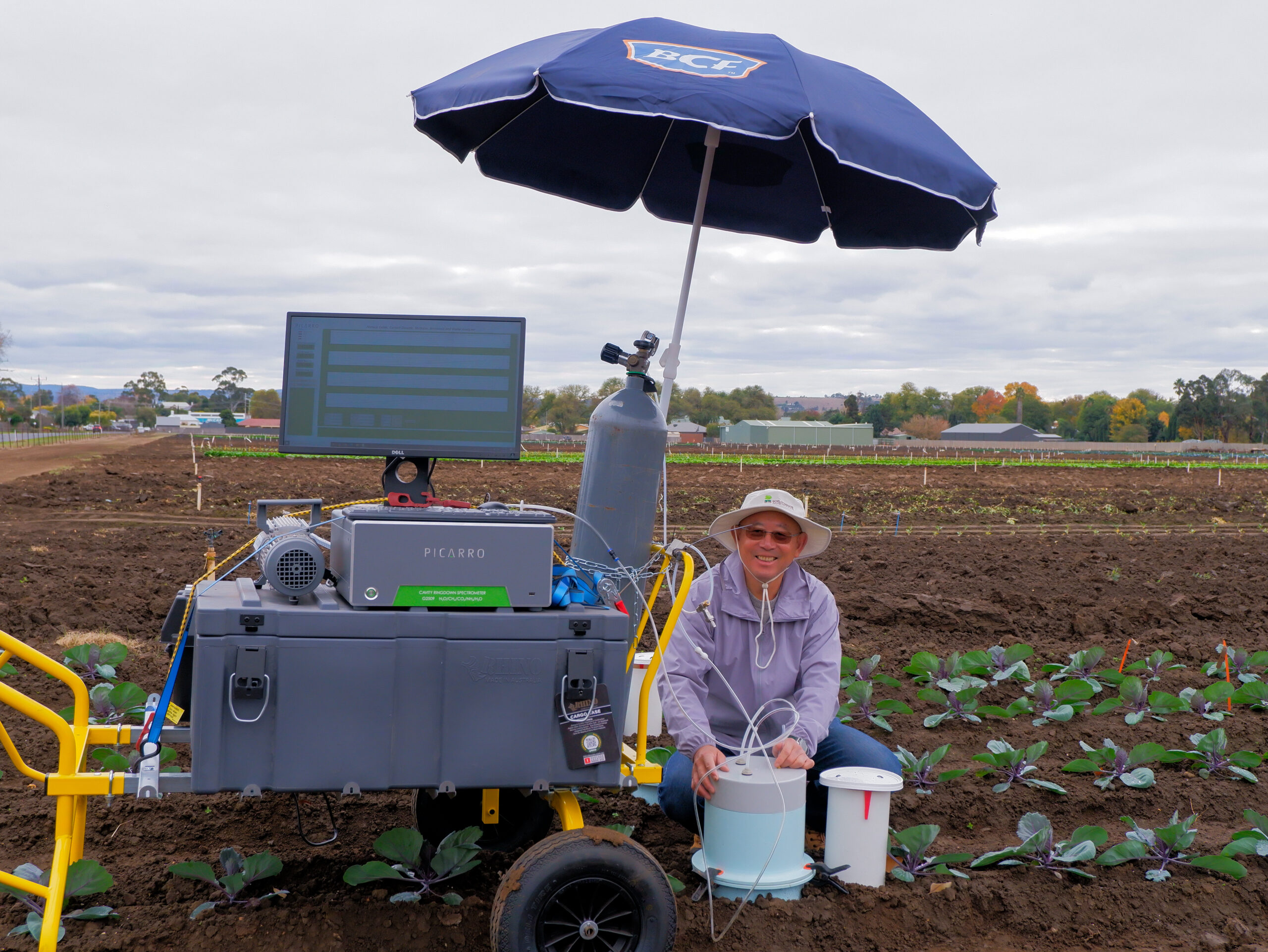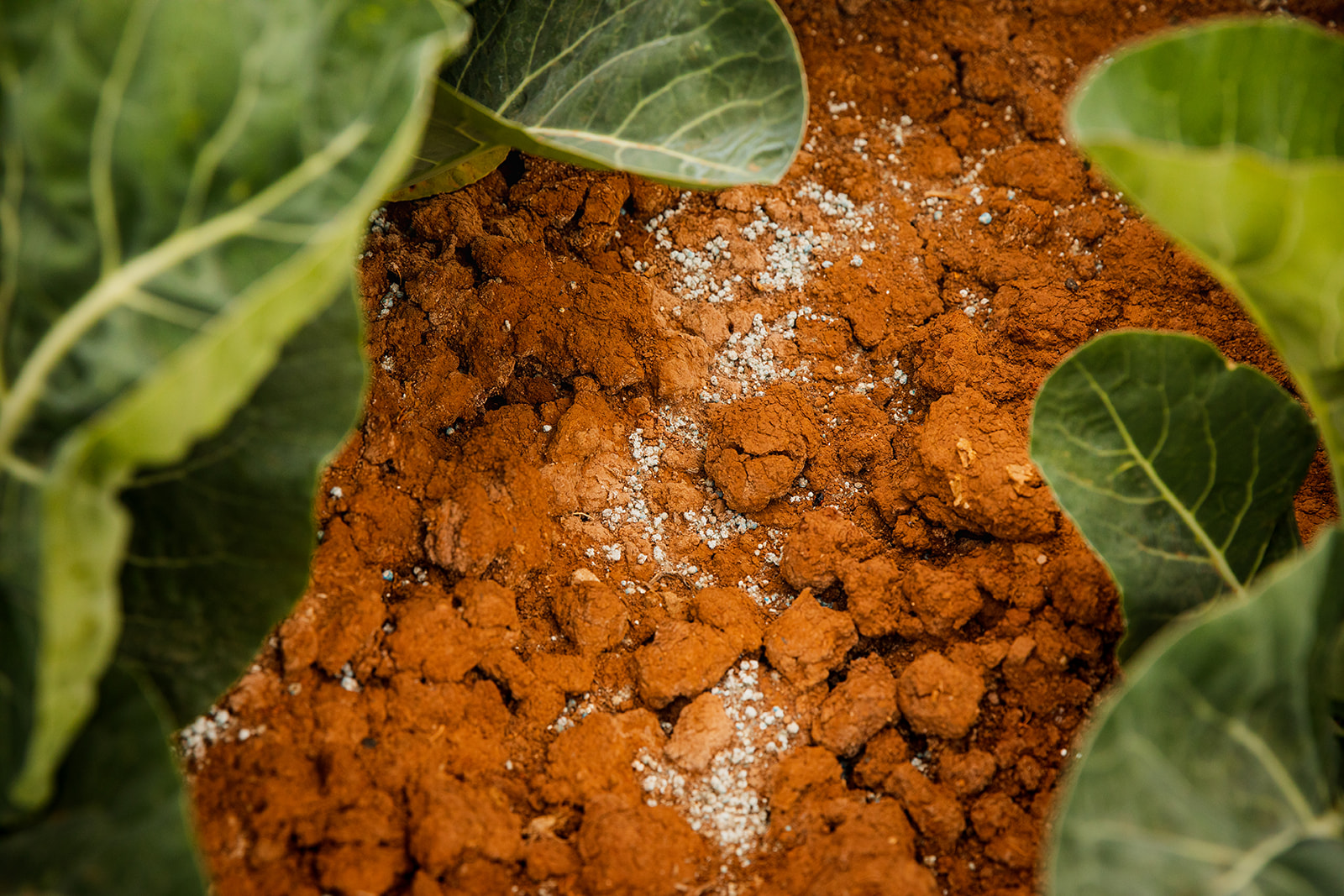Professor Deli Chen awarded Australia Day honour for his soil science research.
Reported in Stock and Land on January 26 2024. By Philippe Perez
Professor Deli Chen has been honoured with an Order of Australia for his work in studying nitrogen efficiency and its impact on global food security, the environment and climate change.
An internationally recognised soil scientist who grew up in rural China before moving to Australia to conduct research on nitrogen efficiency has been awarded an Officer of the Order of Australia (AO) for his vastly extensive work.
Redmond Barry Distinguished Professor Deli Chen has achieved a wide array of academic honours in agricultural sciences over more than 20 years, holding a doctorate in soil science from the University of Melbourne 20 as well as teaching and consulting in both Australia and China.
“I am thrilled, excited and humbled,” he said about being given the honour.
“As a Chinese-Australian agricultural scientist, to receive this honour for my work on climate and what I work for I think is very exciting.”
Professor Chen grew up in a rural area in China 300 kilometres north of Shanghai and had from a young age been “fascinated and intrigued” by the usage of chemical nitrogen fertiliser, which had only been introduced to use in his country when he was young.
“I would see our rice paddy benefit the farmers in our region and they would get higher yields year on year and it would get used more and more,” he said.
“At the same time, I would be in high school, and it took me about 40 minutes walking from school to home and on some hot afternoon, I would see fish die in the water and that triggered many things in me on how we can do this better.
So I went to university in 1978 and decided to study soil science agriculture, and really grew to like chemistry and science.”
Professor Chen was then offered a scholarship by Melbourne not long after to continue studies toward a PhD continuing on his research into nitrogen and fertiliser and it’s impact on fish and aquatic nature.
“Since then I really wanted my career to focus on how to improve nitrogen fertiliser use and to minimise its environmental impact,” he said.

Professor Deli Chen has conducted research for over 20 years and has more than 330
peer-reviewed journal publications.
Professor Chen has since published more than 330 peer-reviewed journal publications and been successful in securing competitive grants totalling more than $60 million over the last 24 years from a range of funding sources for his work in the field. He said he was particularly proud of his work as the Director of ARC Research Hub for Smart Fertilisers, a multidisciplinary program involving soil science, plant science, chemistry, and chemical engineering, which also works with industry to produce new nitrogen, efficient fertilisers.
He said his research was a great passion for him and praised his “very productive team at the University of Melbourne”.
He however said much more research and policy work needed to be done to establish a “green standard in agriculture products.” “Worldwide we all want agriculture to be sustainable, efficient and greener, but we don’t have much of a a green index for agriculture here,” he said. “In Australia, we aim for both a clean and green agriculture, and while we are clean for sure, with no contamination and food being very safe to eat here, to be green is something that we
don’t have hard data to support.”
He pointed to Australian beef in particular as a sector his team was endeavouring to establish as a leading sustainable agriculture sector.
“We want to substantiate an Australian green claim for agriculture, [then] as a second step, my team hopes to do an analysis to estimate what a social benefit of greener product, and after then we hope we can influence the policy change.”
Professor Chen is also currently a Honorary Professor at the Chinese Academy of
Agricultural Sciences in China along with being a Fellow of the Soil Science Society of
America, the Soil Science Australia and the American Society of Agronomy.
Outside of his own research, Professor Chen said he was pleased to be recognised in his work in mentoring other young agricultural academics from around the world.
He believes he has assisted more than 50 PhD graduates and mentored more than 20 young researchers, many from China and Australia but also from Italy and Germany, who have become professors and contributed to research in Europe, China, and the US.
“For those who come to Australia from overseas, undertaking research in agriculture can be an intimidating environment,” he said.
“Language is also a challenge and with English not being my first language, I had that challenge myself, but I think most people who research here do also enjoy it, like I
experienced too.
“Australia is a very open minded society and it doesn’t matter who you are – if you do well, work hard and can collaborate, you can excel and you can certainly achieve.”




